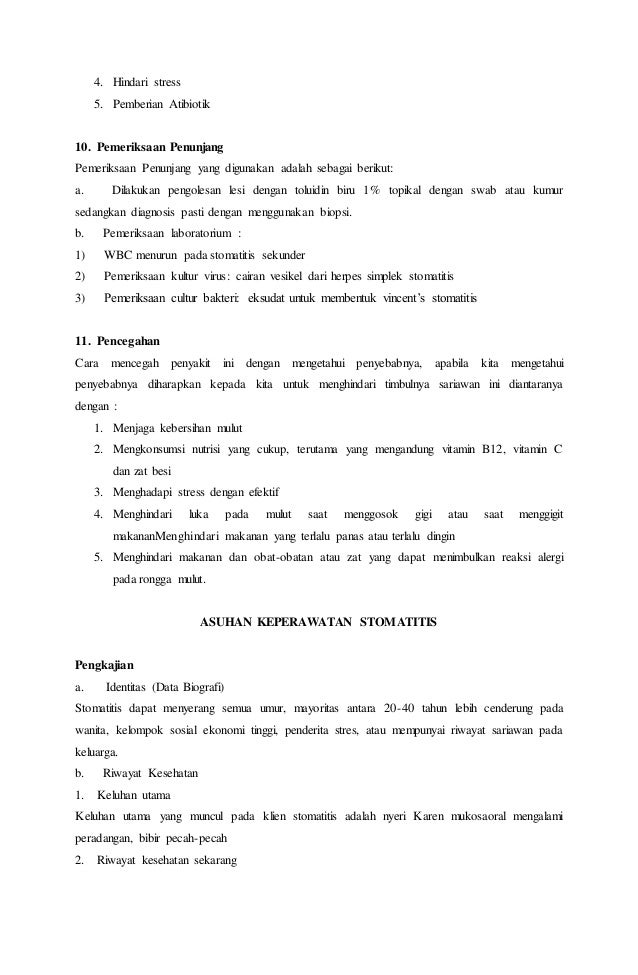

Read Online > Read Online Taqwiyatul iman in english pdf
#HIFZUL IMAN PDF DOWNLOAD#
Ulemas should launch a campaign against the Taliban and the Wahhabis, said clerics, cheered by a large number of people at the Islamia ground” in Bareilly.Download > Download Taqwiyatul iman in english pdf The clerics said the world should come together to protest the killing of innocent people in the name of Islam. The Times of India reports it “On the last day of annual Urs-e-Razwi of Imam Ahmed Raza, Muslim clerics condemned the terrorism practiced by the Taliban, and the orthodoxy of the Wahhabi sect. As a result, we have witnessed more than a million of people including clerics condemning ideologies of the terrorist organizations like Taliban, ISIS, Al-qaeda etc at annual Urs-e-Alahazrat, (December 19, 2014). Far from rumours about him, an unbiased academic study at his contributions has brought me to embrace his researched treatises produced in the last century, on scholarly Islamic and rational grounds, which also deter the Sunni-Sufi Muslims from being deluded by the current violent jihadist narratives. Among his Sufi-Sunni followers, Alahazrat is remembered as a lover kindling the hearts of others with the flame of true love for Allah Almighty and his beloved prophet Muhammad peace be upon him. Allama Iqbal, remarked, “Such a genius and intelligent jurist did not emerge”.

Usha Sanyal PhD Colombo University, Oxford University, Press, New Delhi). (See “Ahmad Raza Khan Barelwi: In the Path of the Prophet” by Dr. Let alone Muslim academicians, even non-Muslim Researchers have counted more than fifty branches of Knowledge in his academic account. Imam Ahmad Raza popularly known as Ala Hazrat (born in Bareilly, Uttar Pradesh in North India) is said to have been one of the great Sufi-Sunni revivers of Islam, the jurist belonging to Hanafi school of thought. Keywords: Da’wah, Preaching of Islam Urdu Literature Da’wah Principles, Da’wah Methodology, Sub-continent Works. This essay will prove helpful and useful (in general) to those readers who have no access to these books and to the English readers (in particular) who are not familiar with these works. Reviewed and assessed as per the dates of their publication, not as per their contents or the subject matter, an appraisal of these works reveals that the Urdu literature is not only rich on highlighting this particular theme of Islamic scholarship, but this literature is significant and commendable as well. These works deal with da’wah and its various theoretical aspects like methodology, tactics, policies, and principles, as well as with various practical aspects and dimensions. In this essay, an appraisal and assessment of ten (10) works on Da’wah in Urdu language, produced from 1950s to 2000s, has been made. In the Urdu language, especially from the second half of the 20th century, a great deal of literature has been produced on the different dimensions of this theme. Numerous works have been written on this theme-its guiding principles, importance, strategies, and other inter-related aspects-in different languages (like Arabic, English, and Urdu).
#HIFZUL IMAN PDF HOW TO#
I conclude with observations on the autonomy of Islam as a discursive tradition and how to re-conceptualize reform.ĭa’wah (preaching of Islam) is one of the significant themes of Islamic scholarship. It then discusses Tablighi Jamaat as a varied, complex instance of reform. This chapter begins by discussing the intellectual contributions of Shah Waliullah’s (1703–1762) reform initiatives and his impact on the subsequent thoughts and movements. Rejecting the nearly standard dualism between local and universal/Arab/Islamic, I show how various Islamic reform movements and currents in Asia from 18th to 20th centuries inform and display initiatives of (re)making self, society and tradition under the global Western domination. Against this, I argue that reform, iṣlāḥ and tajdīd, should be seen in terms of Islam’s own Weltanschauung according to which ideas and practices of reform are integral to Islamic history and tradition from early on as they predate West’s rise. Islamic reform is often identified with the misleading term Wahhabism and as an anti-Western ideology opposed to all that West is depicted to stand for: Enlightenment, liberalism, freedom, tolerance and so on.


 0 kommentar(er)
0 kommentar(er)
